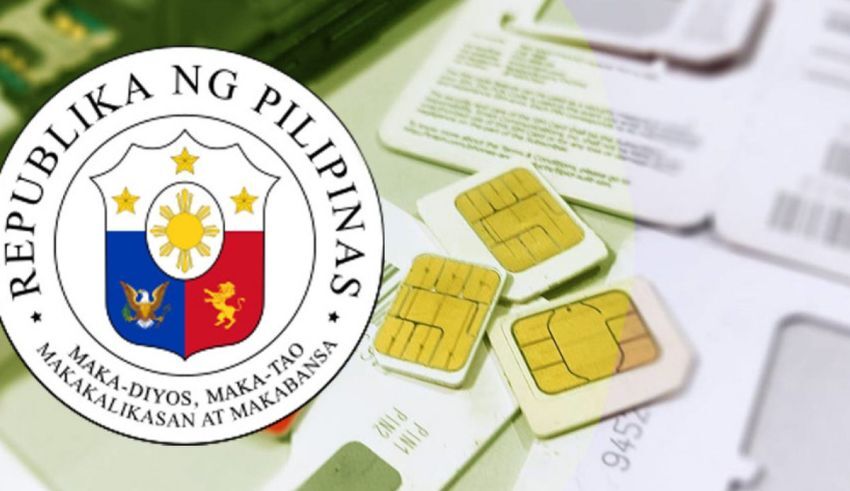
Though the SIM Card Registration Law has recently passed, cybercrimes in the country are advancing quickly. Concerned about the government’s readiness to carry out Republic Act 11934, often known as the SIM Card Registration Law, a group of Information Technology experts from the Computer Professionals’ Union has sounded the alert.
The Union claimed that many people have had considerable difficulty registering largely due to the required requirement for legal identity, which many lack, under the new rule. “Many users battled with the registration process since they were unsure on how to proceed,” the firm stated. “Some were even misled into paying for what should have been a free registration system, pointing a failure in public information distribution and support.”
Complaints on Law’s Inadequate Effectiveness and Preparation
Originally meant to aid to solve the growing cybercrime problem, particularly with reference to frauds using unregistered SIM cards, the SIM Card Registration Law However, given minimal study conducted before the bill’s passing, the Computer Professionals’ Union questioned the government’s approach. “There were no detailed studies to evaluate the efficacy of SIM registration, especially since equivalent actions have failed to prevent scams in other countries,” Union spokesman Maded Batara said.
Increasing Cybercrime Rates Require Attention
Recent figures from the Philippine National Police (PNP) show that cybercrimes rose by 21.8% in the first quarter of 2024 against the same period in the previous. Batara questions politicians of misleading the public, so throwing doubt on the efficacy of the law in this noteworthy rise. “Lawmakers said that SIM registration would cut off scams and cybercrime, but the reality has been rather the reverse,” Batara remarked.
Rising concerns have caused significant senators in the Senate, including Senate President Chiz Escudero and Senator Grace Poe, to start question on the National Telecommunications Commission’s (NTC) capacity to manage the continuous problem of SMS scams. Emphasizing the need of comprehensive actions outside the current law, the senators have pushed the NTC to act more vigorously against these frauds.
Keep Reading
NTC Says There Are Limitations but Emphasizes the Need of Law
The NTC responded by noting how the sections of the SIM Registration Act reflect “not a silver bullet against messaging scams”. The agency did, however, stress its will to enhance the legislation and its application. Though the SIM Registration Act is not a panacea for message scams, the NTC noted, “it remains a critical tool for law enforcement, providing legal sanctions for SIM-aided offenses”.
The current debate on the effectiveness of the law vividly shows how difficult it is for the government and regulatory agencies to curb the expansion of cybercrime. The situation highlights the need of a different strategy combining legislative action with effective execution and public education to better protect people in the digital era.




